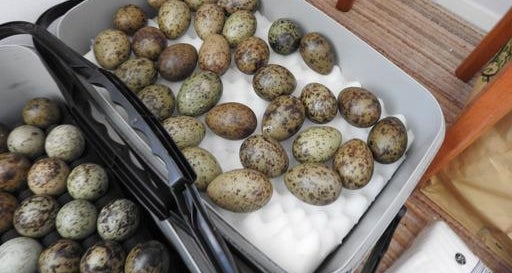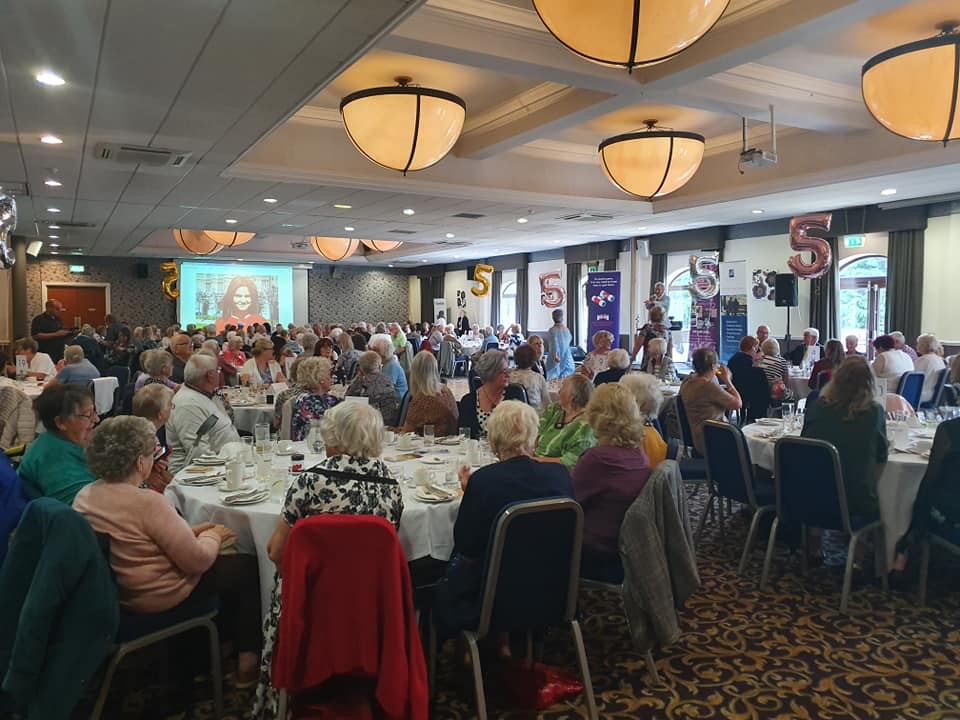A bird breeder has condemned the theft of 200 bird eggs from the countryside as “disgusting” and “selfish”.
Richard Booth, 54, a bird breeder from Derby, said: “Simply plucking [the eggs] from the wild is incredibly dangerous and disgusting behaviour. We study the birds extensively before taking on the task of breeding them.
“He could have easily killed hundreds of poor animals because of his selfish behaviour.”
Terence Potter, 64, of Cumberworth Lane, Huddersfield was arrested after complaints were made to the South Yorkshire Police that a man was believed to be taking eggs from the wild across Yorkshire and Derbyshire.
He was given a 12-week suspended sentence and fined £248 at Sheffield Magistrates’ Court last Friday.
Other residents were dissatisfied by Porter’s 12-week suspended sentence.
Kay Wyatt, 66, said: “What’s the point? The police work hard to get their man and protect the wildlife. The sentence isn’t a deterrent, it’s a joke.”
Bernard Weakend added: “In the States, poaching protected animals can carry up to a maximum $250,000 fine and up to two years in prison. It is sad he only got a slap on the wrist.”
Sheffield Rural and Wildlife Crime Officer, PC Elizabeth Wilson, said the police took Wildlife offences very seriously in South Yorkshire.
She said: “We have beautiful countryside that is inhabited by wildlife and it’s our job to protect and preserve the lives of the animals, to protect species from decline, not take or capture them for personal gain.”
Along with the 200 eggs, officers also found an incubator containing seven unhatched eggs, which were taken to Smiths Nursery in Thorngumbald to be cared for until they hatched, and taxidermy items.

A Golden Plover
The birds, four baby chicks, three Golden Plover and one Curlew, were released back into the wild in Hull’s countryside.
Tom Grose, RSPB Investigations Officer, said: “We are pleased with today’s outcome, which sends a strong signal that such thoughtless destruction of wildlife, for personal gain, will not be tolerated. Among Potter’s collection were seven Curlew eggs – these are a declining, red-listed species which conservationists are working hard to bring back from the brink.”
He urges people to call the police on 101 if they see anything suspicious.



